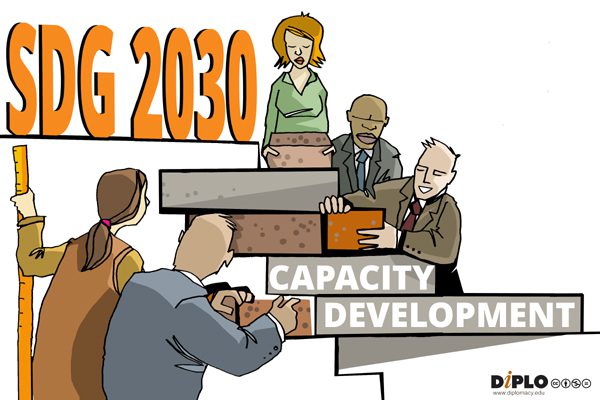International organisations
The characteristic of International life is a variety of actors. International organisations, multinational corporations, international non-governmental organizations, and individuals, in addition to the states and their institutions, take part.
With increasing global and regional cooperation, international organisations are a better way to cooperate and resolve issues. A much more efficient form than through bilateral relations.
States create them with the intent to achieve certain goals. These goals can be the preservation of peace and security (United Nations) or improving health cooperation (World Health Organization), to name but a few.
They are established by the will of the states and are a permanent form of international cooperation. Its members must be countries but can also include other entities. Within the limits of their capacity, the international organisations possess their own will, different from the individual will of the member states.
Other institutional forms of international collaboration, such as international non-governmental organizations, should be distinct from international organizations.









